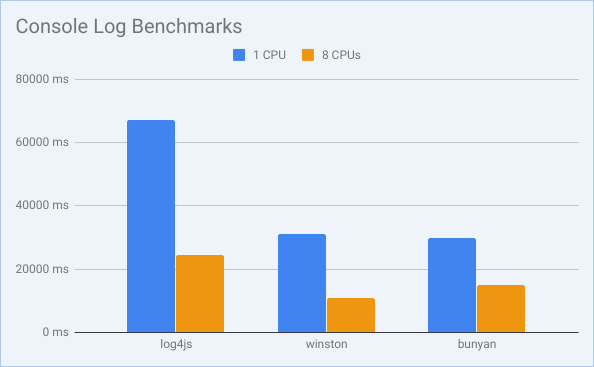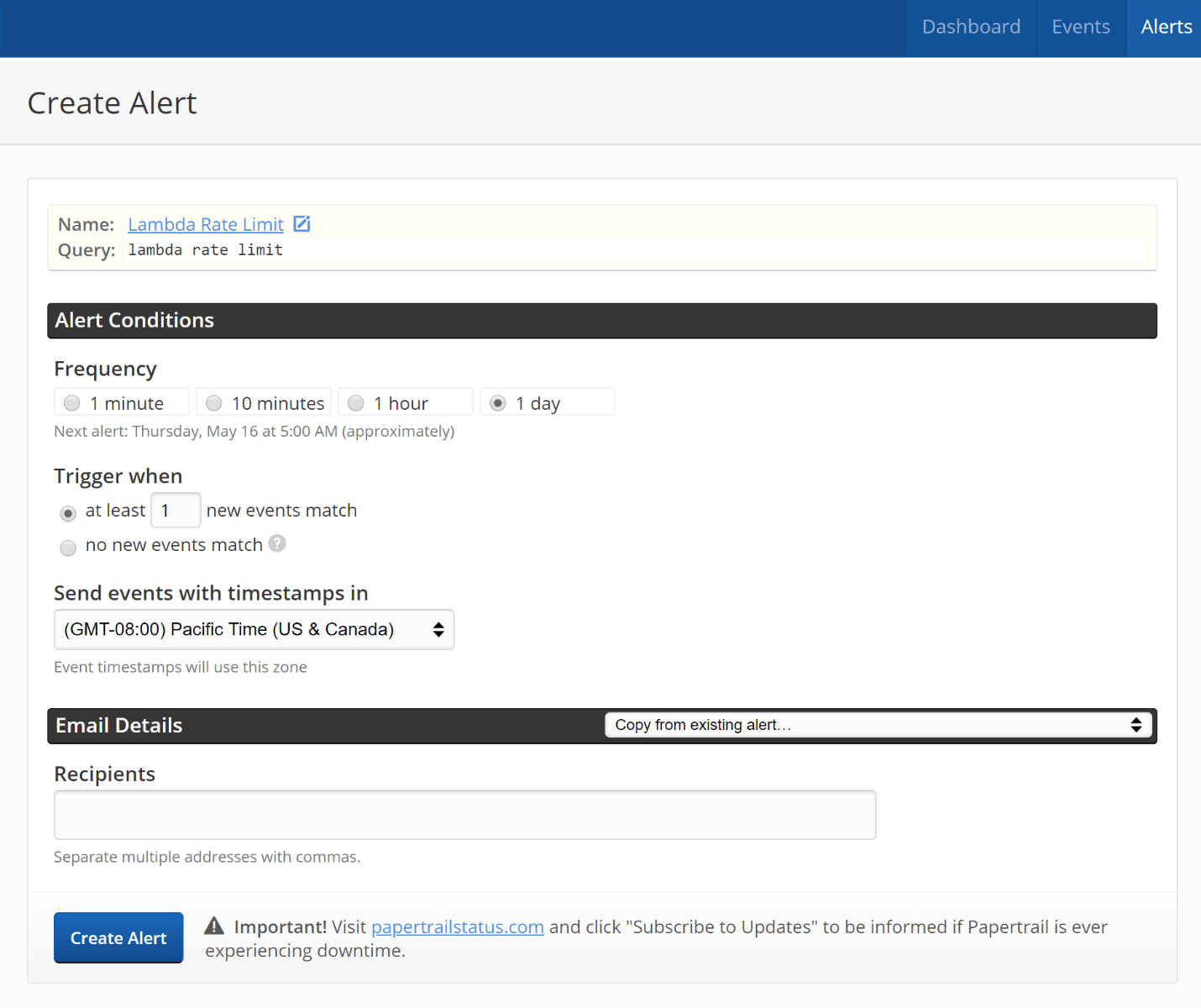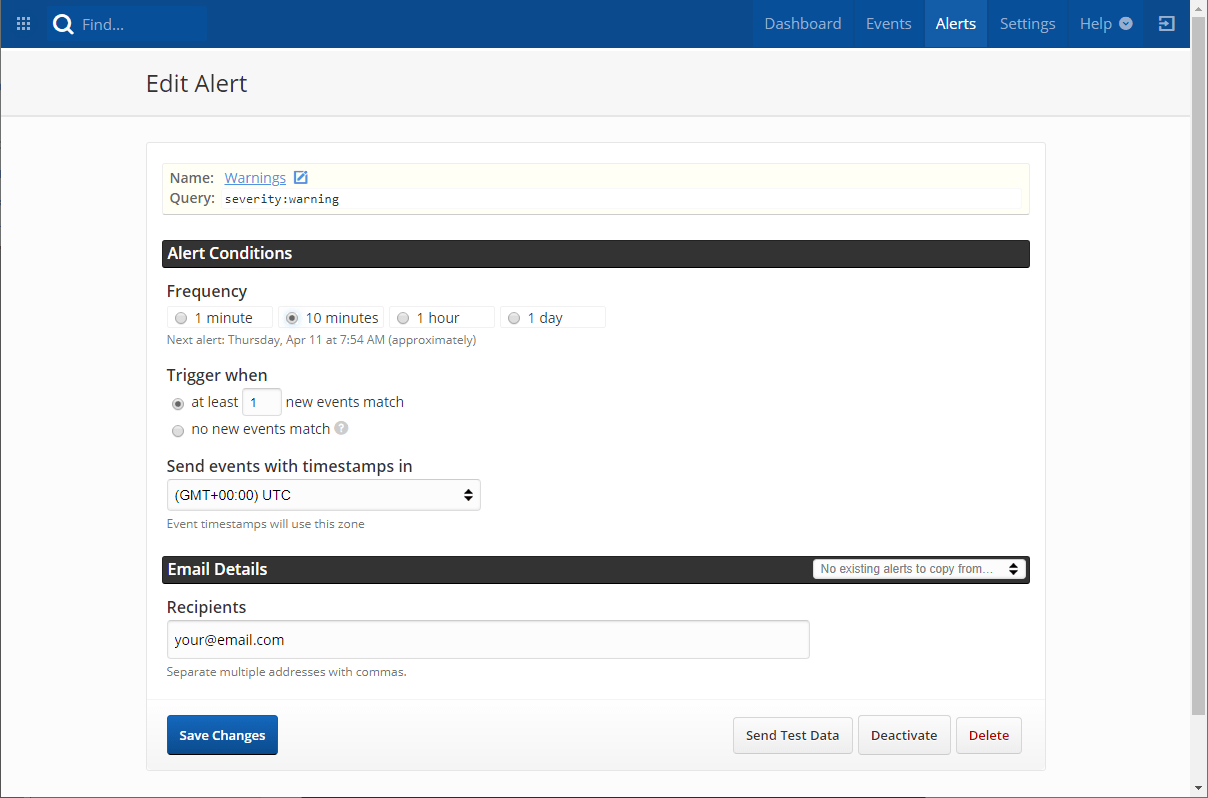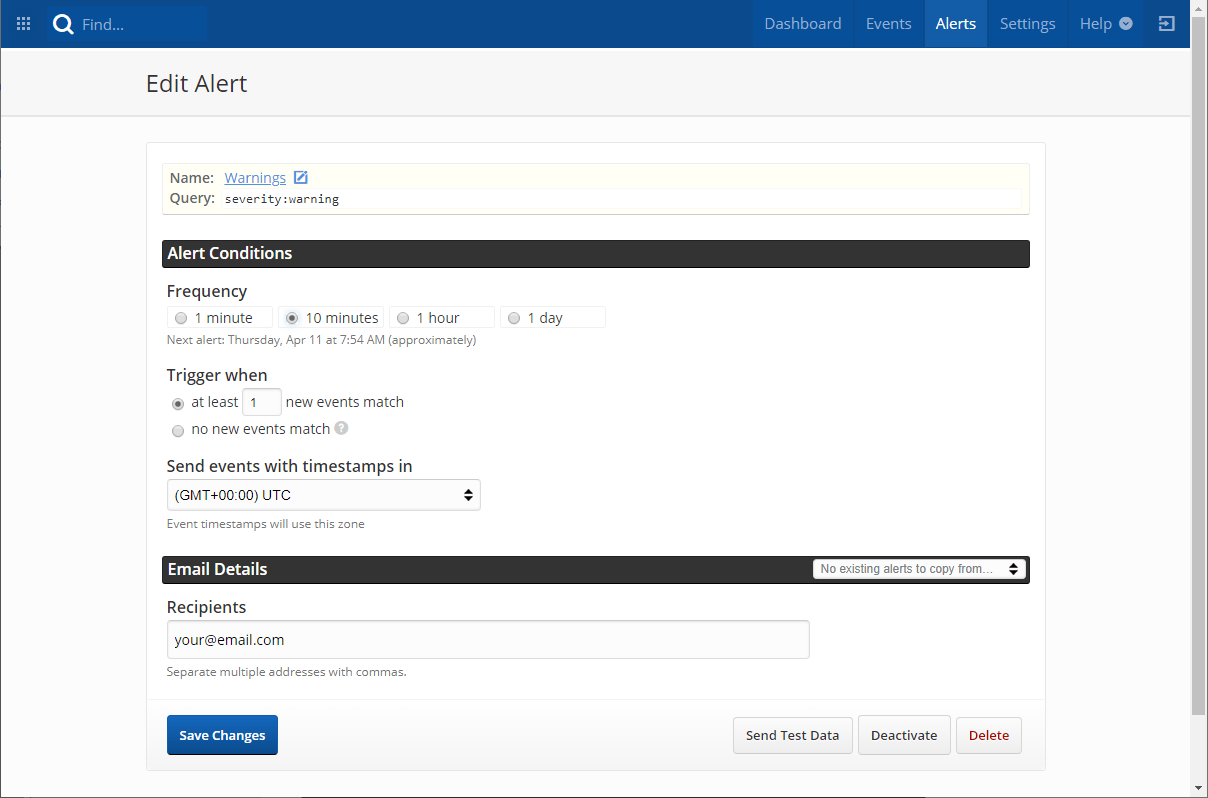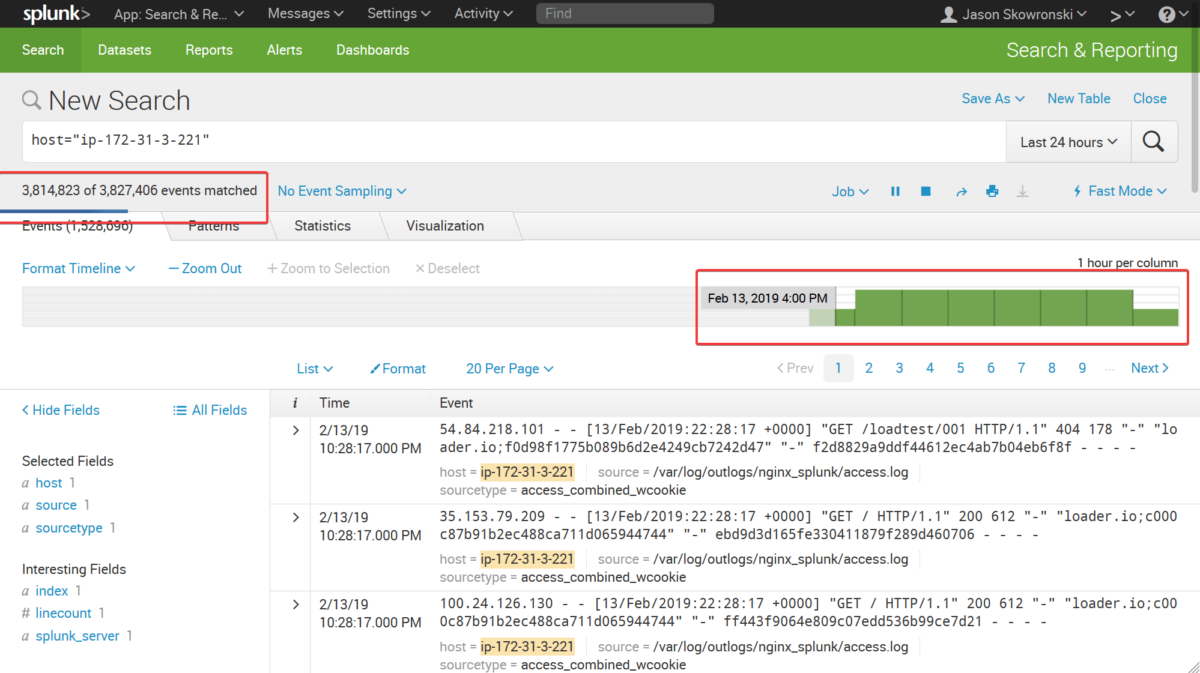7 Microservice Best Practices for Developers
September 27, 2021
Unless you’ve been developing software in a cave, you’ve probably heard people sing the praises of microservices. They’re agile, simple, and an overall improvement on the monolith and service-oriented architecture days. But of course, with all the benefits of microservices comes a new set of challenges.







